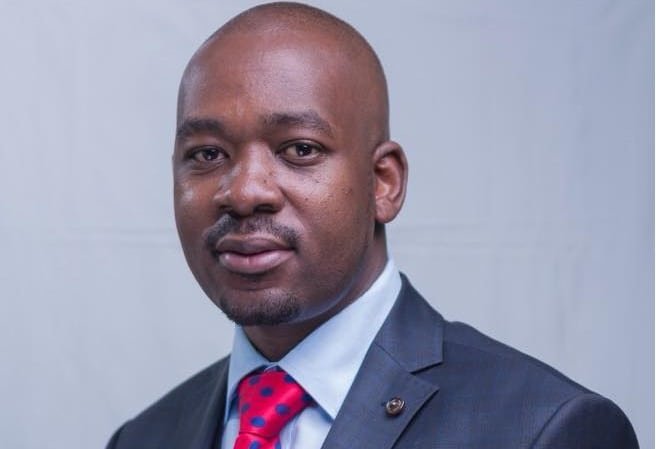The Zimbabwe Peace Project recorded attacks on 745 people last month, up from 435 in July. The ruling party, military, police and intelligence services were responsible for 94 percent of the assaults, according to the human-rights group, which is based in the capital, Harare, and has 420 observers in the 10 provinces.
“The nature of the human-rights violations, mainly politically motivated violence, makes disturbing reading,” Jestina Mukoko, the head of the group, said in an interview. The attacks point “to a festering culture of political intolerance that potentially spells trouble for the 2018 elections,” she said.
Political violence has intensified in Zimbabwe since the opposition Movement for Democratic Change, or MDC, emerged out of the labor union movement in 2000 to challenge the ruling Zimbabwe African National Union-Patriotic Front’s grip on power. The opposition and the European Union nations say Mugabe has retained office by waging crackdowns on his opponents, using state resources to campaign and violating electoral procedures.
Water Cannons
Next year’s vote is likely to be one of the most hotly contested Zimbabwe has seen, with Zanu-PF facing a challenge from a seven-party opposition alliance that’s capitalizing on public discord over cash shortages, crumbling infrastructure and a collapse in government services. While the ruling party has retained 93-year-old Mugabe as its presidential candidate, he’s grown increasingly frail, sparking concern among his supporters that he may be unable to see out another five-year term. Under the constitution, the election must be held by Aug. 21, 2018.
The opposition alliance includes organizations led by former finance minister Tendai Biti, former vice president Joice Mujuru and ex-prime minister Morgan Tsvangirai. Within the ruling party, a battle to succeed Mugabe is being waged between a faction that’s rallying around the president’s wife, Grace, and another that backs Deputy President Emmerson Mnangagwa.
The rising animosity between the opposition and the authorities was on full display in Harare on July 12, when police used water cannons, tear gas and batons to disperse MDC members who were protesting for electoral reforms, including a demand for an increase in the number of voter registration centers in the party’s urban strongholds.
Violence Victims
MDC members who’ve fallen victim to violence over recent months include its vice president, Elias Mudzuri, whose bar in Harare’s Southerton suburb was set alight, and Byron Zuze, who was assaulted while wearing an MDC T-shirt in the capital’s Mbare area.
While Zanu-PF denies stoking violence, Mugabe has done little to defuse the tension and uphold the rule of law. He told supporters at a rally in the western town of Gwanda on Aug. 12 that people who murdered farmers and farm workers during a contentious government-backed land seizure program that began in 2000 won’t be prosecuted. He also said the country’s remaining white farmers would soon be evicted and their land will be given to black youths.
Government spokesman George Charamba and Zanu-PF spokesman Simon Khaya Moyo didn’t answer more than a dozen calls seeking comment. Police spokeswoman Charity Charamba rejected allegations that the police bore part of the responsibility for the recent attacks.
“I have not seen any report on human rights abuses,” she said by phone from Harare. “The police are professional and do not break the law.”
Political intolerance is the main reason for the deteriorating security situation, according to Edknowledge Mandikwaza, the research management officer at Heal Zimbabwe, which aids the victims of violence.
“Many of these developments are the result of the forthcoming elections,” he said.
— With assistance by Brian Latham, and Michael Cohen








